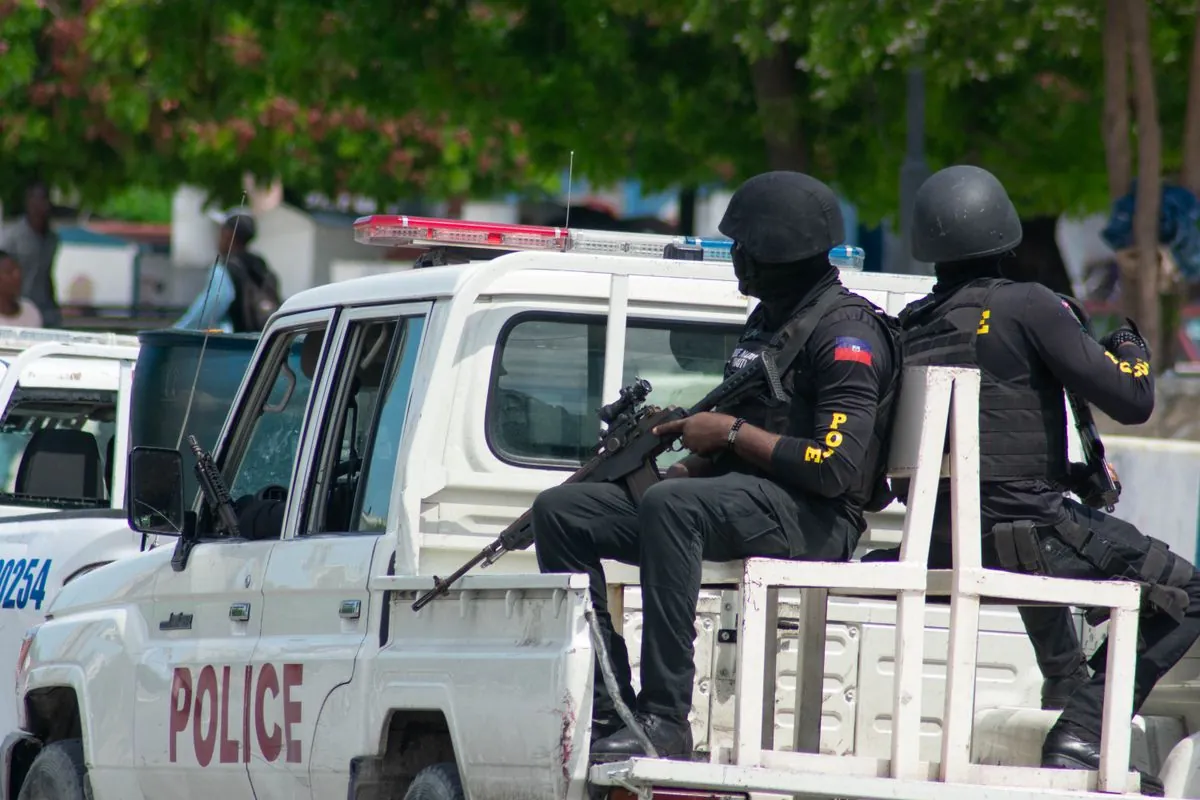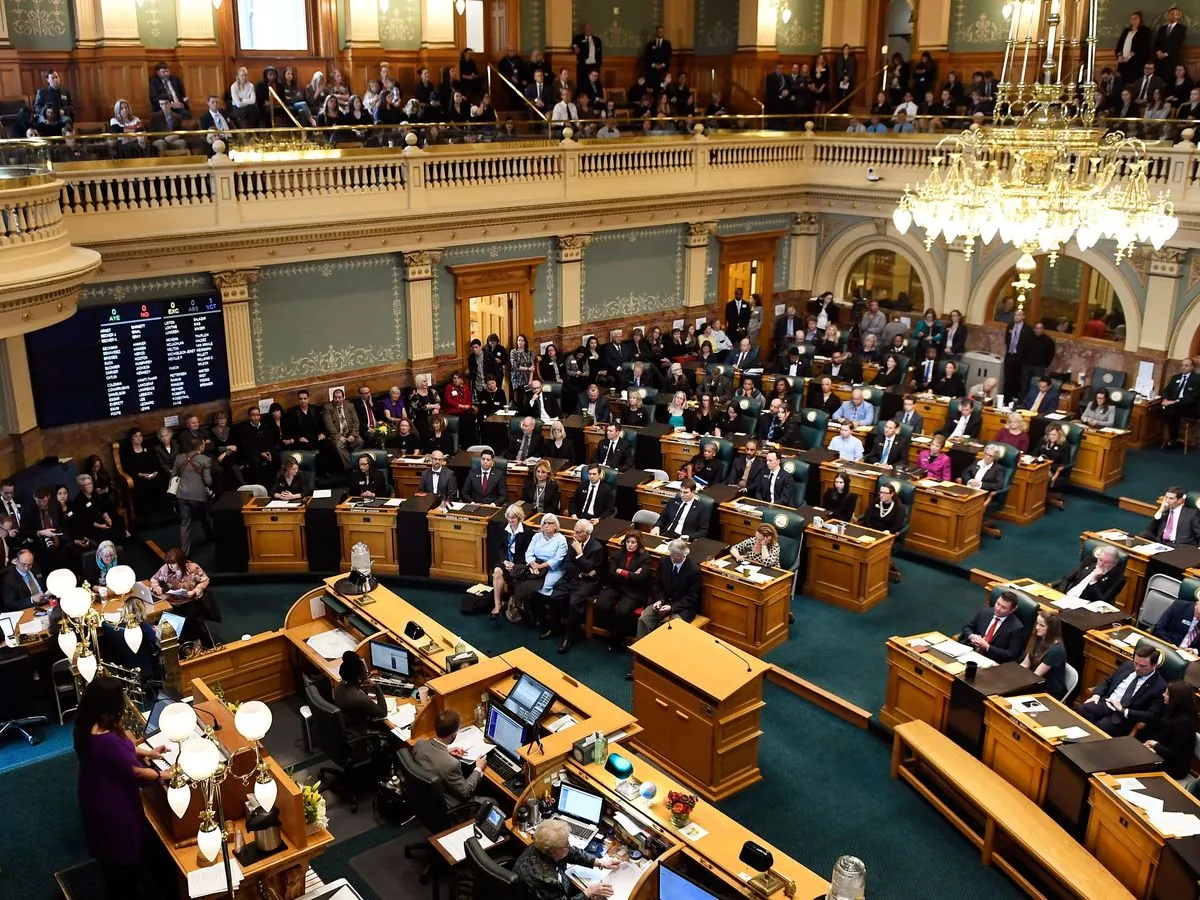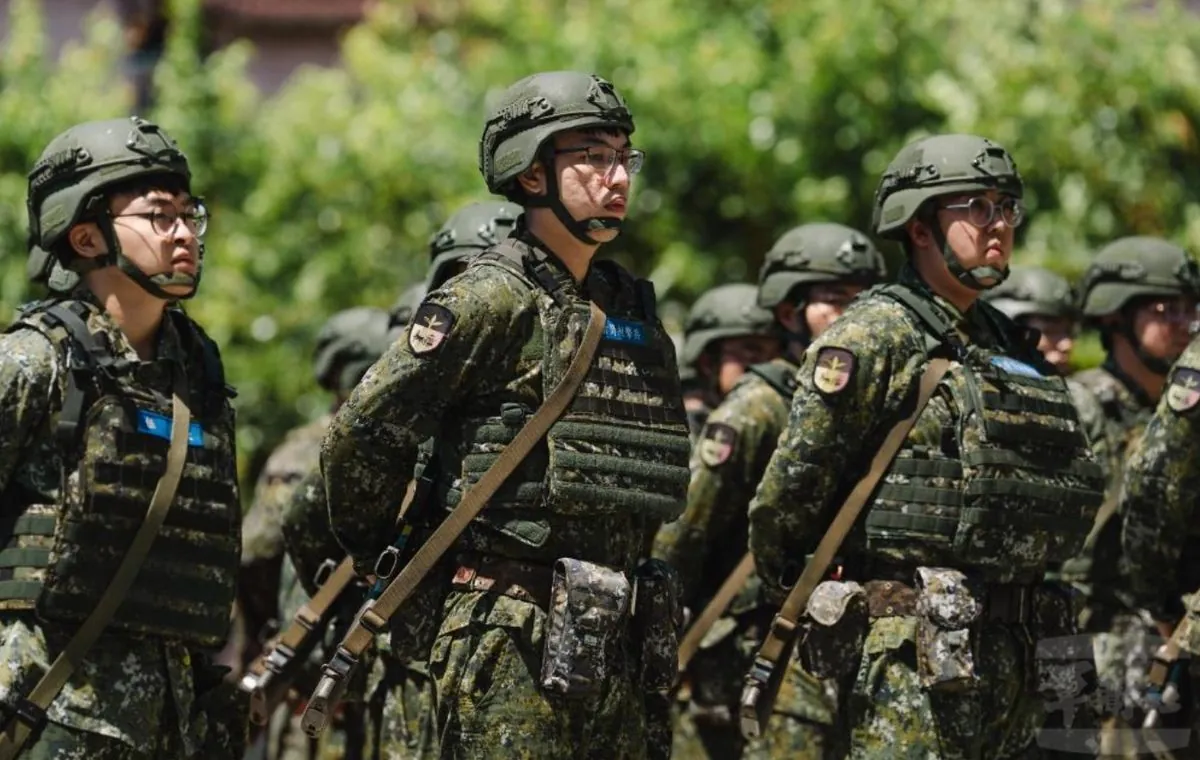Gang Violence Escalates in Haiti's Breadbasket, Leaving 11 Dead
A deadly gang attack in Pont-Sonde, Haiti, has resulted in at least 11 fatalities and mass displacement. The incident highlights the growing influence of armed groups beyond the capital, exacerbating food insecurity and internal displacement.

In a recent escalation of violence in Haiti, at least 11 individuals lost their lives and numerous others were injured during a nocturnal assault on the town of Pont-Sonde, approximately 100 km north of Port-au-Prince. The attack, attributed to the Gran Grif gang, has forced thousands of residents to flee to the coastal town of Saint-Marc, seeking refuge from the violence.
Haiti, the poorest nation in the Western Hemisphere, has been grappling with a surge in gang-related activities that have now spread beyond the capital. This recent incident underscores the growing influence of armed groups in rural areas, particularly affecting the Artibonite department, known as Haiti's breadbasket.
The Haitian National Police confirmed the attack, stating that several individuals were killed and severely wounded. In response, they have deployed their UTAG anti-gang tactical unit to the area. The Justice Ministry has issued a statement affirming that "these crimes will not go unpunished," emphasizing their commitment to restoring order in the Artibonite department.

The assault was reportedly led by Luckson Elan, a 36-year-old gang leader who was sanctioned by the United Nations last month. Witnesses reported that gang members set fire to buildings and carried out executions in the streets, creating a scene of terror and destruction.
Pont-Sonde, a major rice-producing town, is strategically located at the crossroads connecting the capital to the northern region. This attack not only threatens the local population but also exacerbates the already critical food security situation in Haiti. The country has been facing severe food insecurity, with half of its population struggling to access adequate nutrition. In Port-au-Prince, thousands are experiencing famine-level hunger conditions.
The ongoing violence has led to a significant increase in internal displacement, with the number of displaced persons surpassing 700,000 – nearly doubling in the past six months. This surge has occurred despite the partial deployment of a UN-backed mission aimed at supporting the under-resourced Haitian police force.
"The police have been formally instructed to restore order and prevent all those sowing terror in the Artibonite department from causing harm. These crimes will not go unpunished."
The international community has been closely monitoring the situation in Haiti. The neighboring Dominican Republic has announced plans to intensify migrant deportations, aiming to deport up to 10,000 individuals per week. This decision comes in response to the perceived slow progress of the security mission, which the Haitian government initially requested in 2022.
Haiti's struggles with gang violence are compounded by its long history of political instability, natural disasters, and economic challenges. The country, which gained independence in 1804 as the first independent black republic, has faced numerous setbacks, including a devastating earthquake in 2010 that severely impacted Port-au-Prince.
As the situation unfolds, the international community remains concerned about the humanitarian crisis in Haiti. The country's high rates of food insecurity, low literacy rates, and ongoing environmental issues continue to pose significant challenges to stability and development. Despite these hardships, Haiti maintains a rich cultural heritage, including its unique Vodou practices and its status as the "Pearl of the Antilles" for its natural beauty.
The recent attack in Pont-Sonde serves as a stark reminder of the urgent need for comprehensive solutions to address the multifaceted crisis in Haiti, encompassing security, governance, and economic development.


































